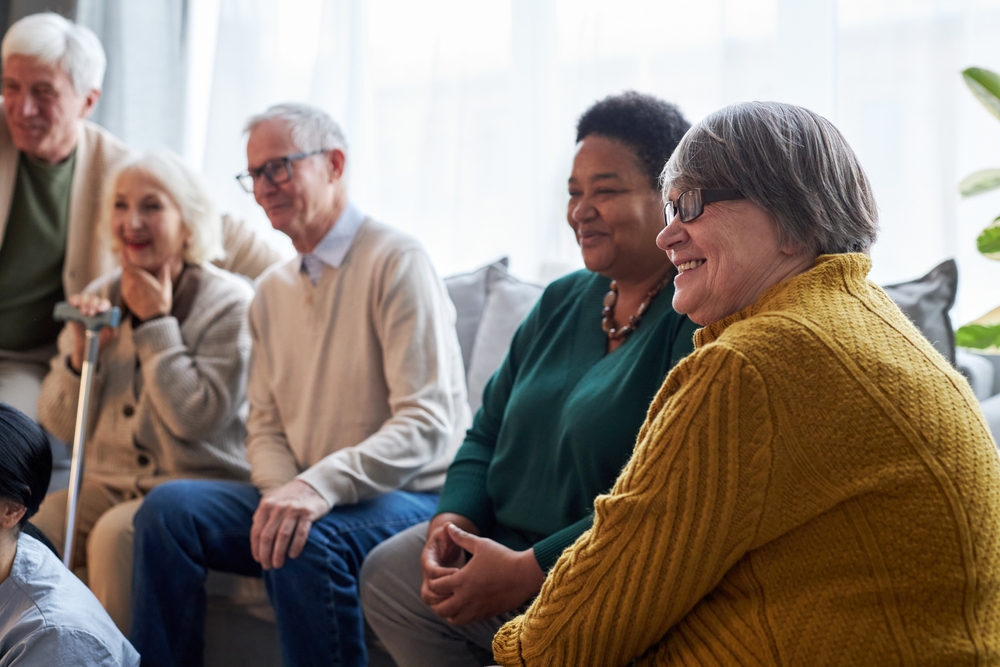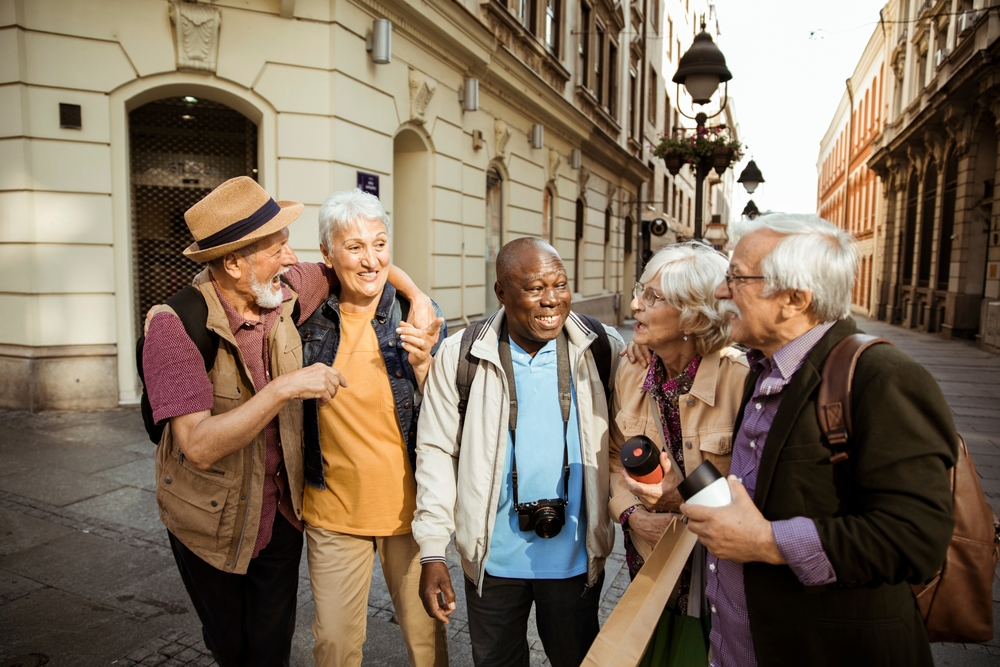Allergies in Elderly Adults
Category:

What are Allergies?
Allergies occur when your immune system reacts abnormally to a foreign substance that enters or touches your body. Immune systems produce antibodies. When you have allergies, your immune system rushes to produce antibodies that identify an allergen as harmful to your body, even if the allergen is not harmful. You may have encountered the allergen many times before your body reacts negatively to it.
Allergies develop when our bodies think a foreign substance such as animal hair, pollen, or mold is harmful. The response to these invading allergens is to sneeze, cough, scratch, or blow our nose to expel the offending culprit from our bodies.
Seasonal Allergies:
It’s that time of year again! Spring has sprung… you know, the time when “Achoo!” becomes part of our morning routine. If we step outside to water our plants or open our windows to let in some fresh spring air, the resulting sneezing and runny nose can overwhelm us within minutes.
As we age, our immune systems get weaker. Don’t assume because you have never had seasonal allergies before that you are immune to them. The prevalence of adult-onset allergies in the United States seems to be increasing although it is not known exactly why. One theory is that as we are exposed to pollens and other seasonal allergens, exposure over time increases sensitivity to them rather than decreasing it.
If you have symptoms, such as sneezing, coughing, runny nose, and congestion you should discuss these symptoms with your doctor. Sometimes these common seasonal allergy symptoms can be dangerous to elderly people who have cardiovascular or other medical conditions.
Some over-the-counter medications most people take for allergies can have unwanted side effects for the elderly, such as sedation, impaired motor function, dry mouth, and throat, or even confusion or dementia. That’s why it is important to consult your doctor before taking any medication.
Here are some things you can do to help with seasonal allergies.
- Keep indoor air clean. Use air conditioning instead of opening your windows.
- Stay inside on dry, windy days.
- Delegate lawn mowing and yard work.
- Avoid being outside in the early morning when pollen counts are the highest.
- Take allergy medication as prescribed by your physician.
Food Allergies:
Most food allergies begin in childhood, but it is not uncommon for elderly adults to develop allergies to certain foods as they age. This can occur even if the offending food has been eaten with no problems in the past.
The most common foods that cause allergic reactions in adults are:
- Peanuts
- Fish
- Shellfish (lobster, crab, shrimp)
- Tree nuts (peanuts, walnuts, almonds pecans, cashews)
Download Our Healthy Aging Diet Guide
You should never dismiss a reaction that occurs shortly after eating a particular food. Some people with food allergies are at risk of a life-threatening emergency (anaphylaxis) even with the ingestion of the smallest amount of an offending food.
Click here for more information on food allergies.
In conclusion, the diagnosis and treatment of allergies in the elderly have changed considerably since the 1990’s. In the 90’s and before, it was believed allergies were ailments of the young and were usually outgrown as a person got older.
Since that time allergies have increased in all age groups, and we know that one can develop an allergy at any stage of life. If you are experiencing allergy symptoms, be sure to make an appointment to talk things over with your medical professional.
Doctors recognize their elderly patients can have the simultaneous presence of two or more conditions in addition to allergy symptoms. They must carefully examine treatment and medication options and consider all factors when implementing the best treatment plan for each patient.
Subscribe
Date: 2022-05-03
Category:


